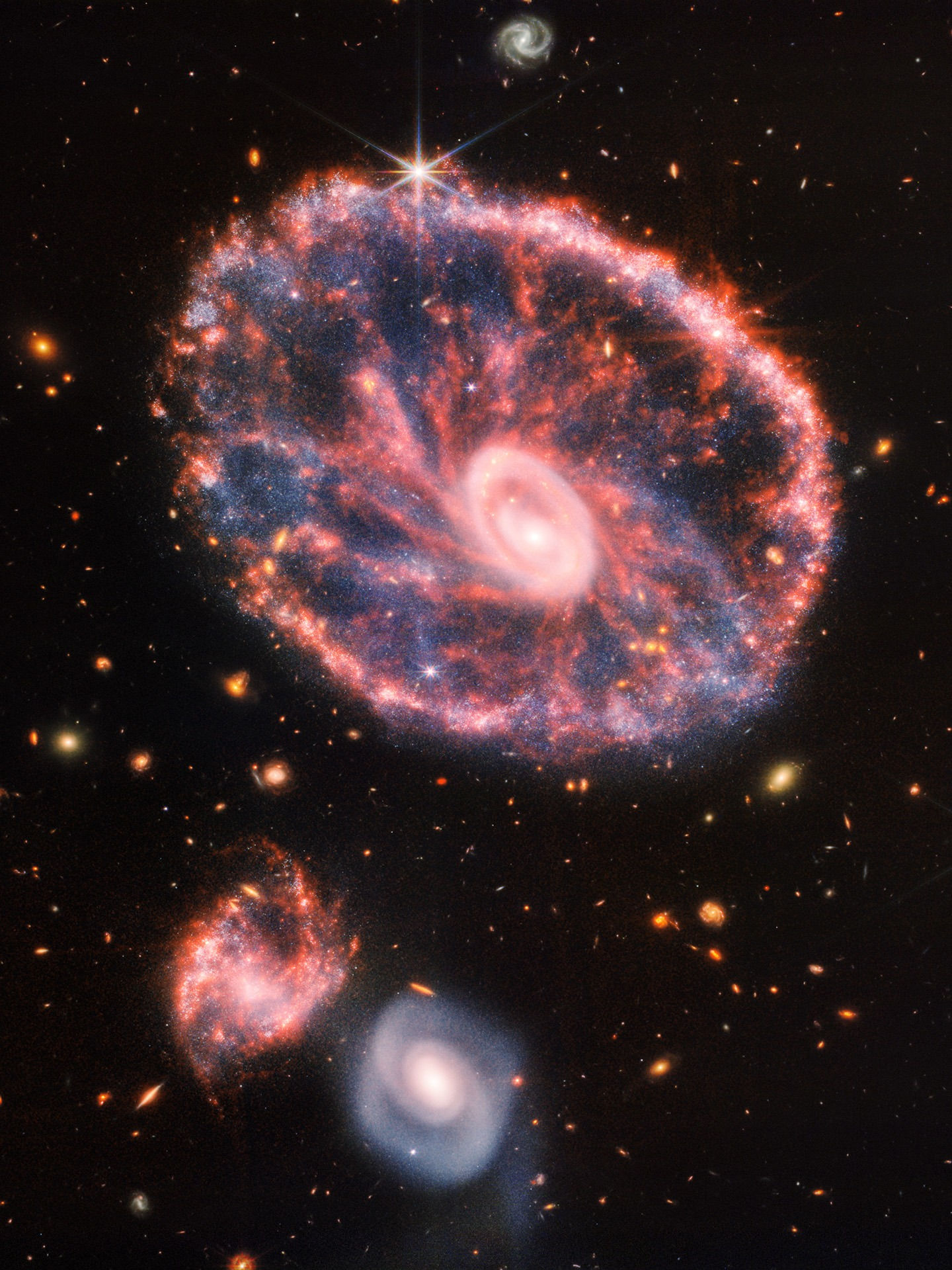Recent research shows that the intrinsic F18L mutation in the mitochondrial DNA of some glioblastoma - (GBM) tumour cells alters the energy production mechanism of the cells. The cells become 64% more sensitive to clomipramine, an anti-depressant drug. The good news is that the mutation can be detected by a simple blood test.

The researchers mention: “ Glioblastoma is the most common and malignant primary brain tumour in adults, with a dismal prognosis. This is partly due to considerable inter- and intra-tumour heterogeneity. Changes in the cellular energy-producing mitochondrial respiratory chain complex (MRC) activities are a hallmark of glioblastoma relative to the normal brain, and associate with differential survival outcomes. Our discovery paves the way for clinical trials to include patients with F18L, as they may have a better chance of benefiting from clomipramine. After the trial, patients can be divided into subgroups e.g. with and without F18L in order to clarify the results: this is known as patient stratification. The benefit is that if you run a trial on 100 people and only 20% respond positively to the drug it might make the trial look relatively ineffective. But, if you know that everyone in that 20% had the F18L mutation, this means the drug works well for this type of patient. This is the foundation on which the future of personalised medicine is being built.”
Clomipramine was discovered in 1964 by the Swiss drug manufacturer Ciba-Geigy, and is currently sold under the brand name Anafranil. Clomipramine is not without side effects which can include dry mouth, constipation, loss of appetite, sleepiness, weight gain, sexual dysfunction, and trouble urinating. However it is on the World Health Organization's List of Essential Medicines, and is prescribed today for a number of wide uses such as: antidepressant, sleep paralyis, premature ejaculation and chronic pain.































































































コメント